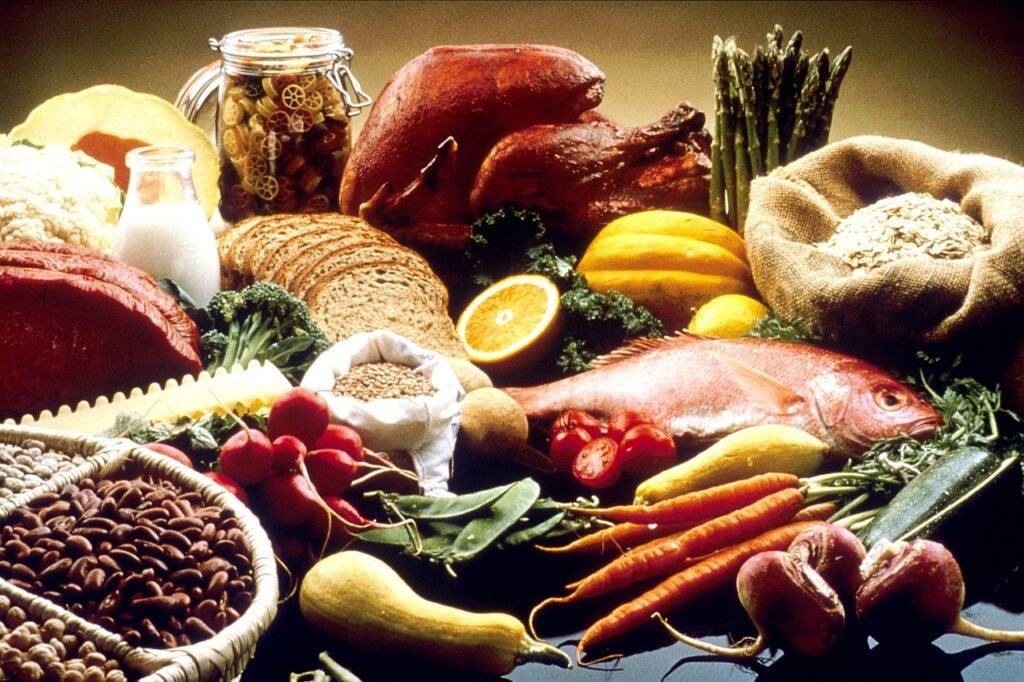

Collagen has been making headlines in the health and beauty industry for years. It is a vital component of our bodies and has a significant impact on our overall health. From improving skin health to promoting bone and joint strength, collagen plays an essential role. In this blog post, we delve into the science behind collagen, its benefits, and how much we should be consuming daily.
Collagen and Benefits


Collagen, the body’s most plentiful protein, accounts for about one-third of our total protein content. It forms a key structural component of our skin, bones, muscles, and tendons. What’s so fantastic about collagen? Well, it’s a bona fide health champion, promoting skin elasticity, bolstering joint and bone health, supporting heart function and enhancing muscle mass.
The natural collagen production within our bodies dwindles as we age, causing skin sagging and joint discomfort. This only highlights the significance of incorporating collagen benefits into our daily diet.
Suggested: What Is Intermittent Fasting: A Simple Guide
Different Forms of Collagen and Benefits
Collagen may be a solitary substance, but it’s incredibly diverse, appearing in a multitude of forms each with its own distinct advantages.
The most prevalent types are the Type I, II, and III varieties. Type I collagen, a mainstay in our skin, hair, and nails, is a champion of skin health. The second form, Type II collagen, resides primarily in our cartilage and is a critical ally for joint health.
Lastly, Type III collagen, commonly found hand in hand with Type I, contributes to the upkeep of our cardiovascular health and muscle structure.
Understanding these different types can assist in choosing the collagen form best suited to your personal health goals.
What foods can I eat to boost my collagen levels naturally?


To give your collagen levels a natural boost, include bone broth, chicken, and fish in your diet, as these are rich in collagen-producing nutrients. Citrus fruits, strawberries and red peppers are high in vitamin C, a crucial co-factor in collagen synthesis.
Foods such as eggs, garlic, and beans contain sulphur, necessary for collagen production. Also, don’t overlook copper-rich options like sesame seeds and cashews. Just remember, a balanced diet is key!
Suggested: Pre Workout Nutrition
Collagen-Rich Foods and Benefits
1. Bone Broth: Bone broth, packed with about 9 grams of collagen per 240 ml, is a warming, nutrient-rich option. Slow-cooking bones releases this protein, offering a savory and nutritious elixir.
2. Salmon: Salmon, not just a treat for your taste buds, provides roughly 1 to 2 grams of collagen per 3-ounce serving. Including salmon in your diet supports skin elasticity and joint health.
3. Chicken: Chicken, with its connective tissues, supplies A 100-gram portion of chicken or fish provides roughly 3-4 grams of collagen. Whether roasted or in a comforting soup, chicken contributes to your collagen intake.
4. Berries– Citrus fruits, strawberries and red peppers, whilst not direct sources of collagen, are high in vitamin C, crucial for collagen synthesis. Remember, collagen is best absorbed with vitamin C, so pair these foods wisely for maximum benefits.
5. Dark Leafy Greens: Dark leafy greens like spinach and kale are collagen-friendly, with around 0.5 to 1 gram of collagen per cup. These greens also pack a punch with antioxidants and vitamins.
6. Eggs: Eggs, particularly the whites, contain proline, an amino acid essential for collagen. One egg white offers about 0.1 grams of proline, supporting collagen-building blocks.
Suggested: The Power of Vegan Omega-3 Sources
Best Collagen Forms: Tablets vs Powders vs Liquids


Navigating through the myriad forms of collagen available can be a bit tricky. Let’s make it easier for you.
Consider tablets: they are undeniably convenient, but may offer a lower concentration of collagen.
Then, there’s collagen in powder form. They’re versatile, blending effortlessly into your food and drinks, and generally boast a higher collagen content.
Lastly, we have liquid collagen. This form might not be as common, but it’s easily absorbed by the body and is a handy alternative for those who aren’t fans of tablets or powders.
Remember, the key is choosing a form that aligns best with your lifestyle and health objectives.
Suggested: High Protein Shakes Recipes
What Does Collagen Do for Our Bodies?


Collagen is the jack-of-all-trades protein in our bodies. Imagine it as the scaffold that gives structure and rigidity to our skin, bones and joints, all whilst promoting overall vitality. For our skin, collagen is like a refreshing drink of water, promoting hydration and elasticity, which can lead to a reduction in wrinkles and dryness.
It’s also the silent hero in our joints and bones, providing the much-needed strength and flexibility, potentially lowering the risk of issues such as degenerative joint disorders. Collagen even ventures into our cardiovascular system, contributing positively towards heart health. In essence, collagen is the unsung hero working tirelessly behind the scenes, ensuring our bodies function optimally.
How Much Collagen Do We Need Per Day?


Determining the ideal daily dose of collagen isn’t as straightforward as you might think. It can depend on a multitude of elements such as your age, lifestyle habits, and general wellbeing. Whilst there isn’t a universally accepted amount, many health experts suggest a daily intake of 10-20 grams of collagen supplements as a starting point.
Nevertheless, it’s always wise to get professional advice before you embark on any new supplement routine. This ensures you’re consuming the right quantity for your unique health profile.
By adopting a tailored approach, you can ensure your collagen levels are topped up effectively, supporting your overall health and wellbeing in the best possible way.
When it is best to take collagen supplements?


There’s no definitive ‘best time’ to take collagen supplements; it largely depends on individual preferences and routines.
Some find taking it in the morning helps kick-start their day, whilst others prefer ingesting it at night, supporting the body’s natural repair processes.
If you’re using collagen to support exercise recovery, consider taking it post-workout. But remember, the key is consistency. Ensure you’re integrating collagen into your daily routine in a way that suits you best.


The Importance of Collagen
Collagen is like a superhero for our health – it does a lot more than just make our skin look good. It’s like the secret ingredient that helps our skin stay vibrant, our joints stay flexible, and our hearts stay strong.
Making sure we get enough collagen is super important because it supports not only how our skin looks but also how our whole body feels. This powerful protein is like a health booster, helping us live a balanced and lively life.
Whether we get it from good food or smart supplements, adding more collagen to our routine is a smart move for keeping our health in top shape. No doubt, collagen is a big deal when it comes to staying healthy and feeling our best.
Suggested: Best Vegan Protein Sources
